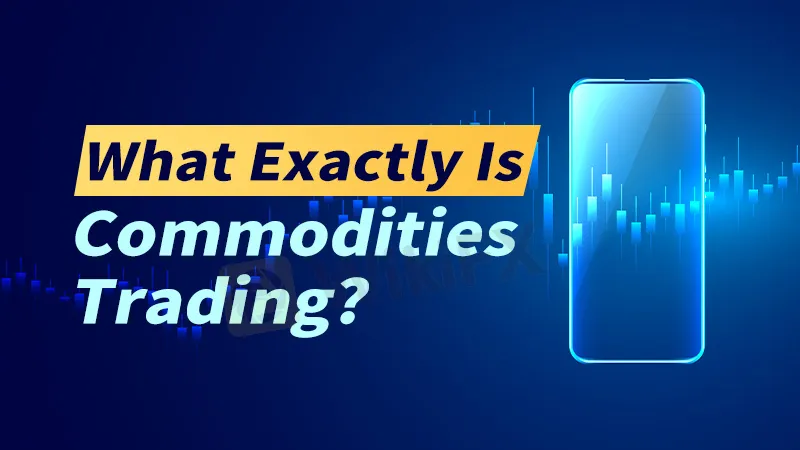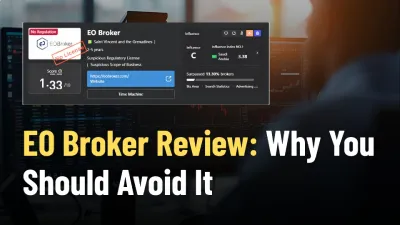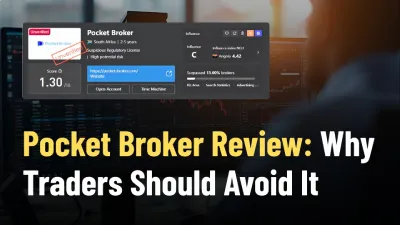Abstract:In the world of finance, commodity trading offers investors a diverse array of opportunities, from futures contracts and leveraged strategies to indirect avenues like exchange-traded products and shares in commodity-based companies, each pathway defined by its own unique risks and rewards.

Exploring Commodities Trading: A Comprehensive Overview
Commodities trading is a fascinating aspect of the financial world that might not get as much attention as stocks and bonds, but it's a crucial part of global trade and financial planning. In this article, we'll take a closer look at commodities trading, breaking down what it involves and how it can benefit investors.
Understanding Commodities
At its core, commodities trading revolves around tangible goods. Unlike stocks that represent ownership in a company or bonds that are a form of debt, commodities are actual physical items or raw materials. These can be a wide variety of things, from everyday agricultural products like wheat and coffee to essential energy resources like oil and natural gas, as well as valuable metals like gold and industrial metals like copper. There are even unconventional commodities like carbon credits that come into play.

The Concept of Fungibility
One key feature of commodities is their fungibility. This means that commodities of the same quality or grade are essentially the same, regardless of where they come from. For instance, a barrel of crude oil is valued the same whether it's from the Middle East or North America. This standardization allows commodities to be priced based on specific quality and quantity criteria, making them easily tradable on a global scale.
Where Commodities are Traded
Just like stocks have their own stock exchanges, commodities have dedicated trading platforms. Some of the major ones include the Chicago Mercantile Exchange (CME), New York Mercantile Exchange (NYMEX), and the London Metal Exchange (LME). These exchanges serve as bustling marketplaces where buyers and sellers come together to trade commodities.
Types of Trading Instruments
In commodities trading, physical goods don't typically change hands. Instead, financial contracts tied to commodity prices, known as derivatives, are the primary instruments. Futures contracts are the most common type of these derivatives. They allow traders to speculate on the future prices of commodities.
For example, if an airline is worried about rising fuel prices, they can buy a futures contract for oil. This locks in a set price for oil delivery on a future date, protecting them from price hikes.
Speculating in Commodities
Commodities trading isn't just for companies trying to manage their costs. Financial investors also get involved to take advantage of price changes. Some commodities, like gold, are known for their rapid price swings, offering opportunities for significant gains or losses over short periods.
Here's a simple example: An investor buys a futures contract for 100 Troy ounces of gold at £1,400 per ounce, totalling £140,000. If the gold price goes up to £1,410 per ounce when the contract expires, they make a £1,000 profit. But if the price falls to £1,380 per ounce, they incur a £2,000 loss. The option to close the position early can help limit losses.
Leverage and Risks
Commodities trading often involves using leverage, a financial tool that lets investors control larger positions with less money. While it can boost potential profits, it also increases the risk of losses. If the market moves against a trader's position, they might receive a margin call, requiring them to add more funds to meet the agreed margin.
Indirect Ways to Invest in Commodities
If you're not ready to dive directly into commodities trading, there are indirect ways to get involved. Exchange-traded products (ETFs and ETCs) offer a cost-effective means to gain exposure to commodities. They can track commodity indices or actual prices, providing a diversified approach.
Another option is to invest in collective funds and trusts that allocate money to companies involved in commodity production or mining. You can also consider investing in shares of companies that deal with commodities. When commodity prices rise, these companies often benefit from increased profits.
In summary, commodities trading is a dynamic part of the financial world. Whether you're an experienced investor or just looking to diversify your portfolio, understanding commodities trading can open up new investment opportunities and help you navigate the global economy more effectively.











